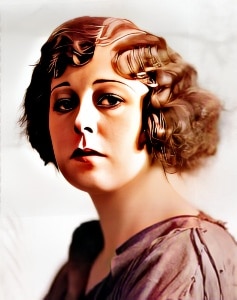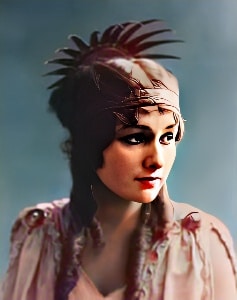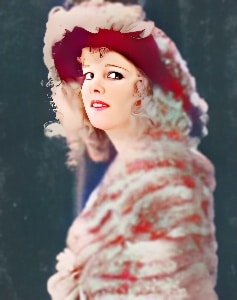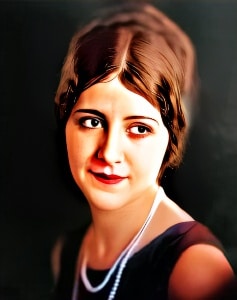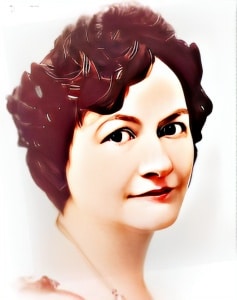 Lucille La Verne Mitchum, born on November 7, 1872, near Nashville, Tennessee, was a versatile American actress whose illustrious career spanned both the vibrant world of early sound films and the triumphs of the American stage.
Lucille La Verne Mitchum, born on November 7, 1872, near Nashville, Tennessee, was a versatile American actress whose illustrious career spanned both the vibrant world of early sound films and the triumphs of the American stage.
Her enduring legacy is anchored in her iconic voice role as the Evil Queen in Disney’s groundbreaking “Snow White and the Seven Dwarfs” (1937), marking the inception of Disney’s legacy in full-length animated feature films.
La Verne’s journey into the world of entertainment began in her childhood, where she participated in local summer stock. Displaying early promise, she embarked on a career that saw her navigating the diverse realms of both stage and screen. As a teenager, she toured with small theater troupes, showcasing her adaptability by playing iconic roles like Juliet and Lady Macbeth back to back at the age of 14.
Her ability to embody a wide range of characters swiftly garnered attention, leading to her Broadway debut in 1888. La Verne soon became a leading lady, gracing the stages of San Francisco, Boston, and other cities with her remarkable performances. Notably, she ran her own successful stock company, further establishing her as a force to be reckoned with in the theatrical world.
Renowned for her range and versatility, La Verne made a mark on the New York stage with standout performances in productions like “Uncle Tom’s Cabin,” “Seven Days,” and “Way Down East.” Her willingness to take on blackface roles added another layer to her repertoire, showcasing her commitment to embodying diverse characters. One of her crowning achievements came in 1923 when she originated the role of Widow Caggle in the hit play “Sun Up,” amassing over 3,000 performances through a Broadway run, a U.S. tour, and a European tour.
Beyond her prowess as an actress, La Verne extended her influence to playwriting and directing on Broadway. In recognition of her significant contributions, a Broadway theater was named after her in the late 1920s, reflecting the impact she had on the theatrical landscape.
Amidst her multifaceted career, Lucille La Verne Mitchum made a memorable appearance in “ The White Rose,” leaving an indelible mark on the cinematic landscape. Her ability to seamlessly transition between mediums, from the grand stages of Broadway to the animated realms of Disney, underscored her adaptability and enduring relevance.
As one of the pioneering voices in Disney animation, La Verne lent her vocal talents to the first Disney villain, the Evil Queen in “Snow White and the Seven Dwarfs.” This groundbreaking film not only marked a milestone in animation but also cemented La Verne’s place in cinematic history as part of a cultural phenomenon that continues to captivate audiences.
Lucille La Verne Mitchum’s legacy lives on as a trailblazer in both stage and screen, an artist who left an indelible mark on the entertainment industry. Her contributions to the early days of sound films and the enduring magic of Disney animation ensure that her name remains synonymous with the evolution of storytelling on both stage and screen.

